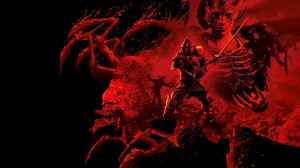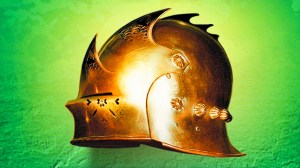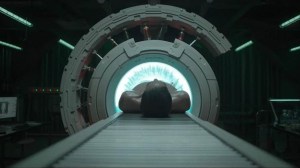Assassin’s Creed Shadows reviewed relatively well, but it’s still a divisive entry. Some lauded its take on Feudal Japan, while others decried it for being a bland and dated retread. Regardless of the reception, it’s still a safe entry trafficking in many of Ubisoft’s most tired tropes. A series of this sort of prestige deserves to be much more than that, so here are seven steps Ubisoft can take to bring Assassin’s Creed to new heights.
Videos by ComicBook.com
Embrace Actual Exploration
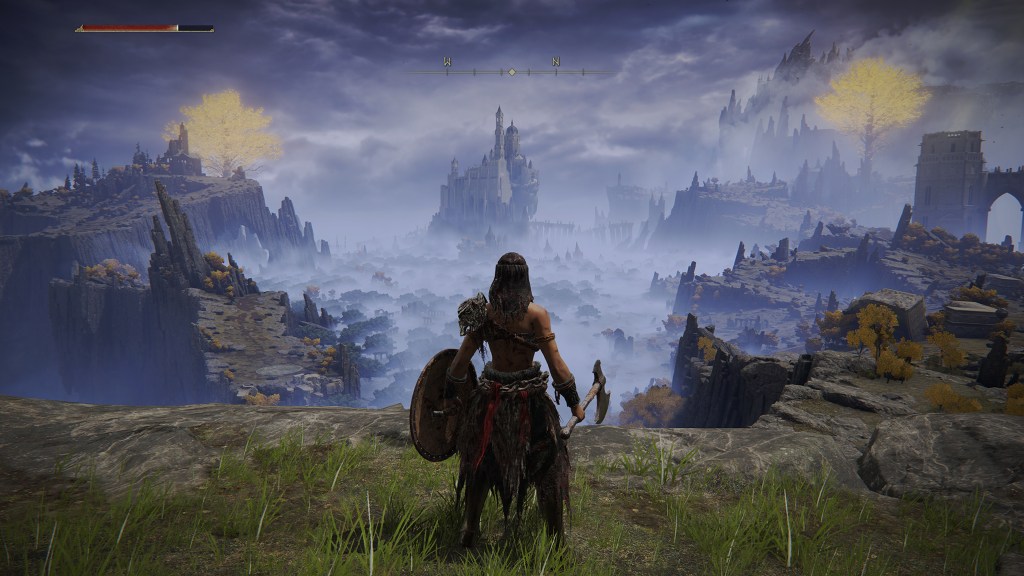
RELATED: Assassin’s Creed Shadows Has Had One of the Franchise’s Most Successful Launches
Shadows follows the trend of other recent open-world Ubisoft games of not understanding what exploration means. Giving vague hints to objectives and making question marks on the map easier to see after climbing to a viewpoint just adds more busywork to a title that, at its core, doesn’t aspire to be much more than an exhaustive checklist full of Content™. It’s an old and tired way to make open-world games after the hands-off approach of titles like Outer Wilds, Elden Ring, and The Legend of Zelda: Tears of the Kingdom elevated the genre.
Assassin’s Creed would be better served if it followed those examples by taking off the oppressive training wheels. Instead of requiring players to stare at their map to find the port north of a nearby city, it could make the actual landmarks iconic enough to get users to do that detective work in the actual game world. And instead of throwing a question mark on almost literally anything worth looking into, Ubisoft could just make these structures compelling in their own right so players naturally want to check everything out.
FromSoftware does this brilliantly with Elden Ring, as most big structures compel would-be adventurers to explore them; they don’t need a flashy HUD icon to artificially inspire spelunking. It may seem scary to let players guide themselves, but the aforementioned games are popular enough to prove that there’s a thirst for this type of experience, one that would greatly benefit a tired series.
Fill the Open World With Meaning and Surprises
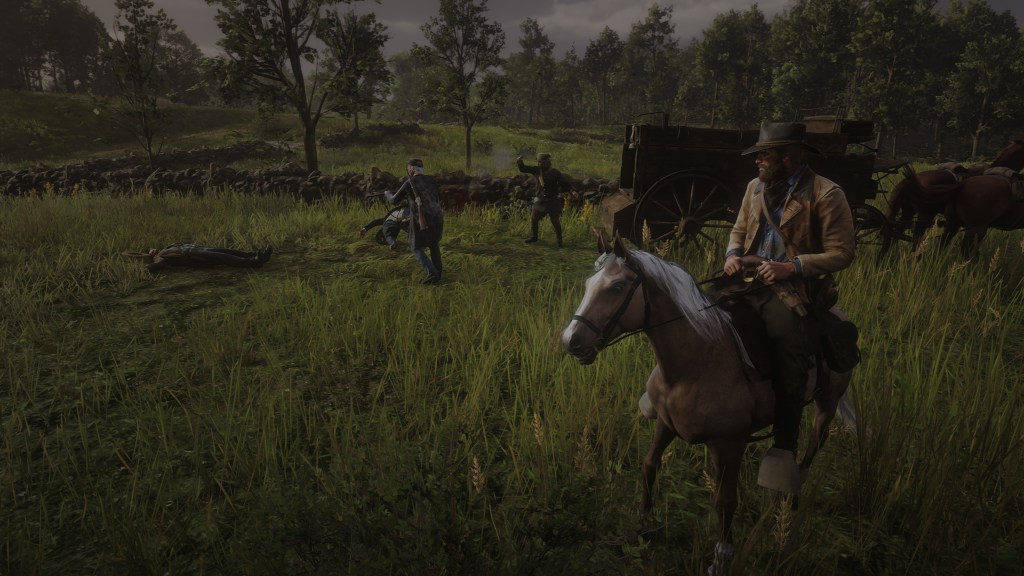
Ubisoft should let players explore more, but it should also make these settings feel more alive in general. Hardly anything interesting happens when galloping around the open plains or mountaintops in Shadows. Towns are similarly dead and more akin to a theme park ride than an immersive, breathing world.
Assassin’s Creed should take a page out of Red Dead Redemption’s book by consistently adding micro-events to the open world or variables that surprise players. Perhaps bandits randomly stroll around and throw a wrench into trying to take over an enemy encampment. Or what if a flock of angry chickens rolls through town and puts the local guards in a frenzy? Small occurrences like this would do wonders in shaking players out of the mind-numbing stupor that comes with traversing in Assassin’s Creed.
Scale Down and Focus
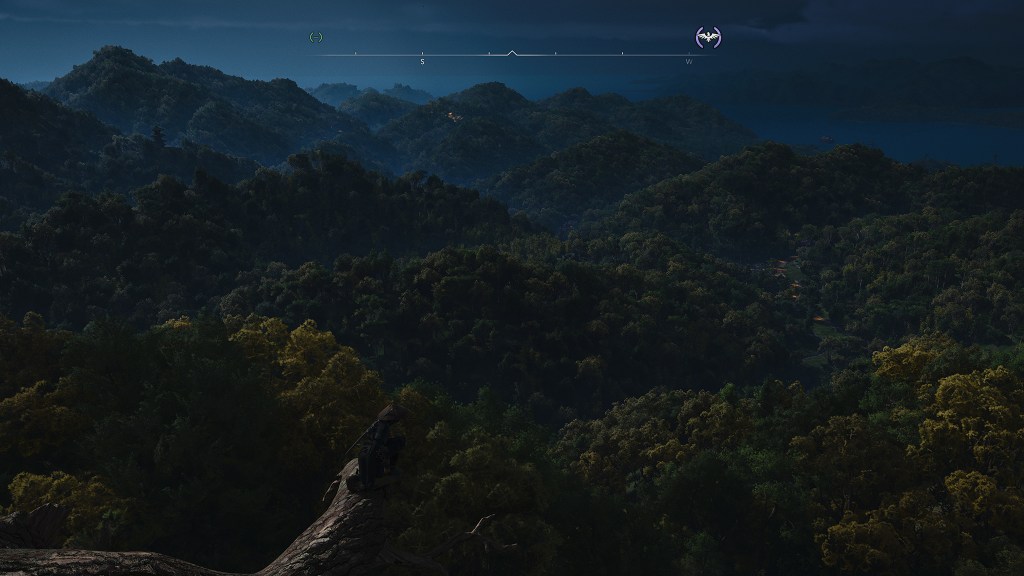
Part of this mind-numbing stupor comes from how damn huge these games are. Map size just isn’t impressive anymore, yet Assassin’s Creed still insists on going big to its detriment. Odyssey, Valhalla, and Shadows are all full of miles upon miles of empty terrain that only serves to pad out the world for no discernable reason. It’s just exhausting.
A more intimate map would work in tandem with adding in random events and icon-free explorable areas. Denser worlds with more nourishing tasks is far preferable to minutes of mindless wandering.
Focus on the Protagonists and Villains
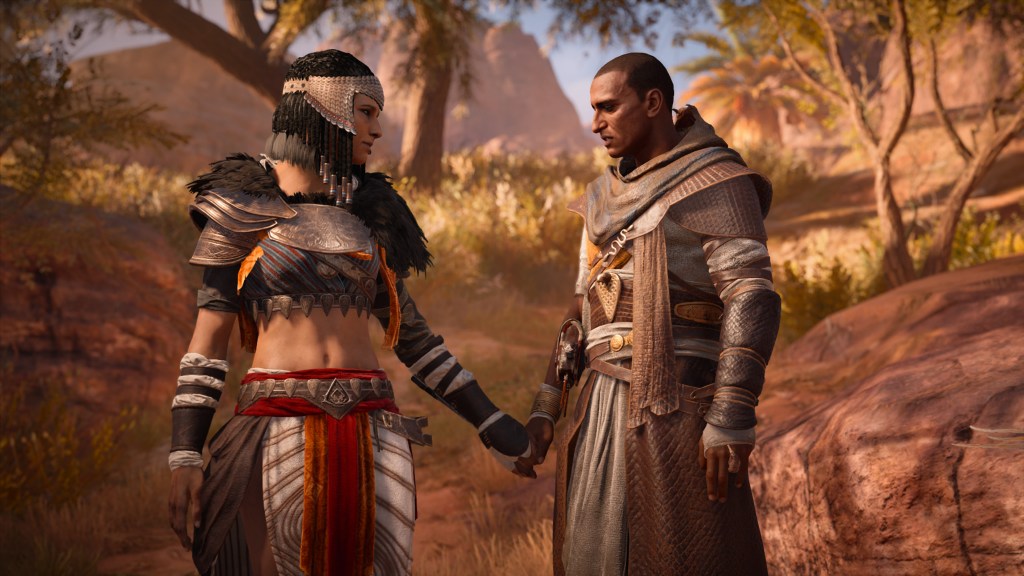
Shadows tries to tell a story about its protagonists Naoe and Yasuke, but, in typical Assassin’s Creed fashion, it can’t seem to balance that with the grander narrative at play. It bounces from one group of characters who are only in the story for an hour or two before leaping to another set of forgettable faces. It confuses quantity with quality and veers away from the simplicity that many great video game narratives often thrive on. The need to tie this all to a larger universe also seems to hold this all back, too, as evidenced by the annoying fixation on “the box” in Shadows. What’s in the box? Who cares?!?
Assassin’s Creed 3, Origins, and Odyssey are examples of how to focus on the protagonists without completely forgoing a grander plot. Origins, for example, had Bayek looking to punish those responsible for killing his child, and that clearly informed everything he did; it was only a secondary factor that a shadowy cabal was behind it. The best Assassin’s Creed games prioritize their protagonists and filter the main missions through them. The weakest entries have the weakest Assassins and get too caught up in the business of others, a camp Shadows finds itself in.
This protagonist-first approach would also be better paired with one that also gives enough time to the villains. While many Assassin’s Creeds are guilty of this in one way or another, Shadows, in particular, has far too many targets for players to build up a relationship with any one of them. They’re often stabbed to death before they’ve even had more than a few minutes of screen time. Instead of having a dozen forgettable targets, it would probably be better to have five and give them space to truly stick out.
Tone Down the RPG Mechanics
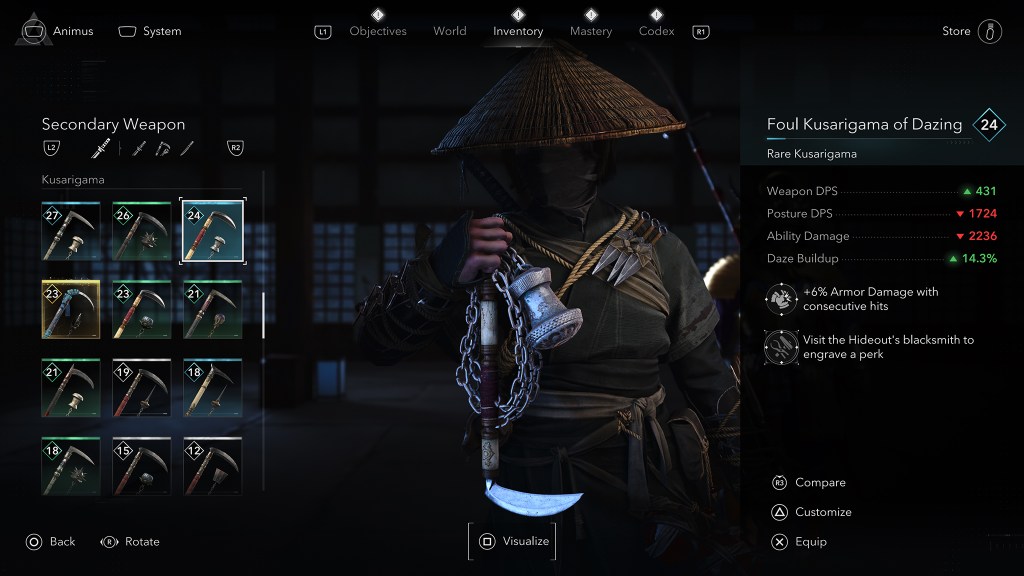
The shift to the RPG format with Origins did reinvent the series, but many of those changes didn’t benefit the series. The onslaught of useless loot, endless skill trees, tanky enemies, and near-meaningless stat buffs has dulled the action and made parts of the gameplay less engaging. Needing to always sift through and sell gear is tedious, especially when a lot of them have such trivial buffs. The 6% damage boost from consecutive armor hits is negligible, to say the least.
Having to dig through menus to find the weapon with the most green stat arrows is already tiresome enough, but the way in which the creeping RPG mechanics have affected assassinations is the most concise way to demonstrate how they need to be dramatically scaled back. Assassinations aren’t always fatal, making for a lousy reward for stealthily tracking down a target. It’s particularly bothersome in Shadows, as Naoe’s whole character is based around being a sneaky assassin and being unable to one-hit kill everyone diminishes her viability. Valhalla and Shadows let players turn on guaranteed assassinations, but the mere inclusion of that option should have been a clear sign that level gating one-hit kills was not the way to go.
Overhaul the Parkour
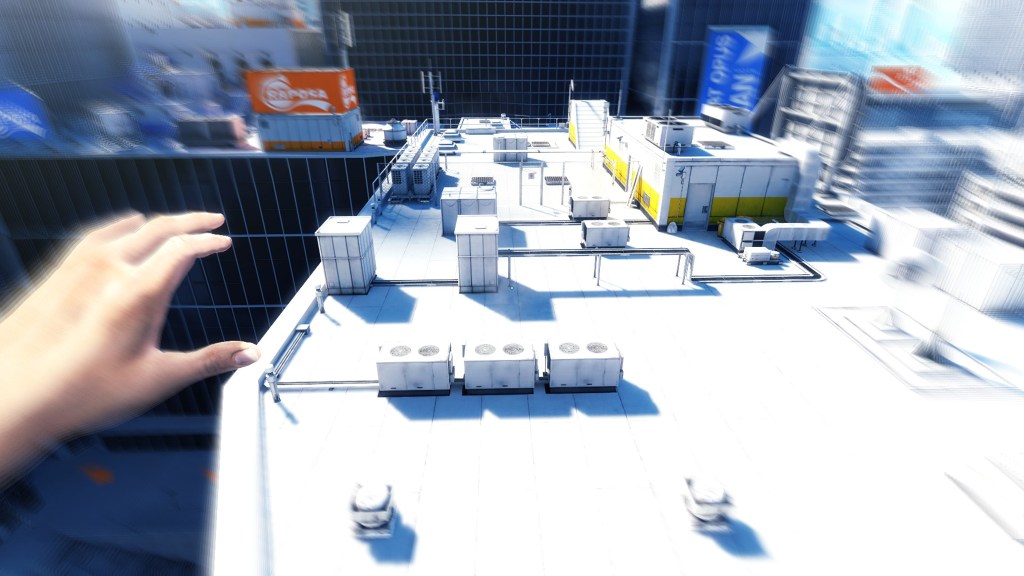
Shadows has some of the best parkour in the series. Naoe is agile and able to move at speeds Kassandra and Ezio would only dream of. But it’s still simply not good enough. There are still far too many times that she grabs onto the wrong object, runs up an invisible wall, or does something else asinine or unintentional, and it’s time for the series to make an honest effort in retooling movement.
Losing momentum when vaulting, mantling, and climbing up and alongside ledges is also frustrating since that constant fluctuation in speed makes it hard to get any sort of flow going. That flow is pivotal in games like Mirror’s Edge, and it’d be smart for Assassin’s Creed to aspire to such athletic greatness.
Completely Break Away From the Modern Elements
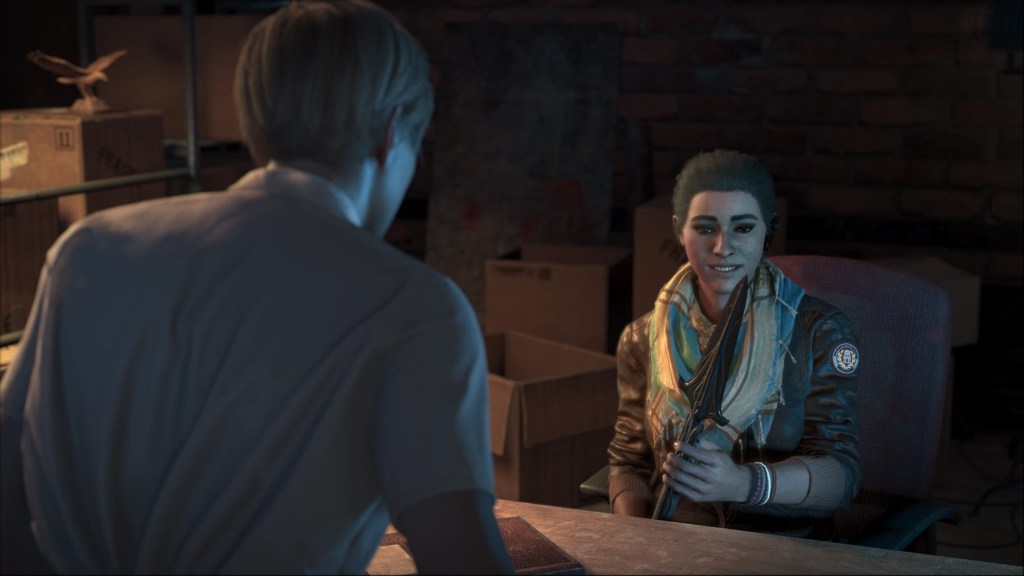
The modern day storyline in Assassin’s Creed has hobbled along since the end of Assassin’s Creed 3. Layla’s arc in the recent trilogy was wholly uninteresting, despite being the series’ strongest push to make the modern elements a more substantial factor again.
Many of the entries, including Shadows, do just the opposite and seem content to pay the most basic lip service to that segment of the franchise that should have died with Desmond. It’s only led to nonsensical, absurd storylines that just continually churn forward with no real conclusion in sight, like a cheap Saturday morning cartoon. The modern day elements are a narrative albatross and a vestigial part that should be cut clean off.


